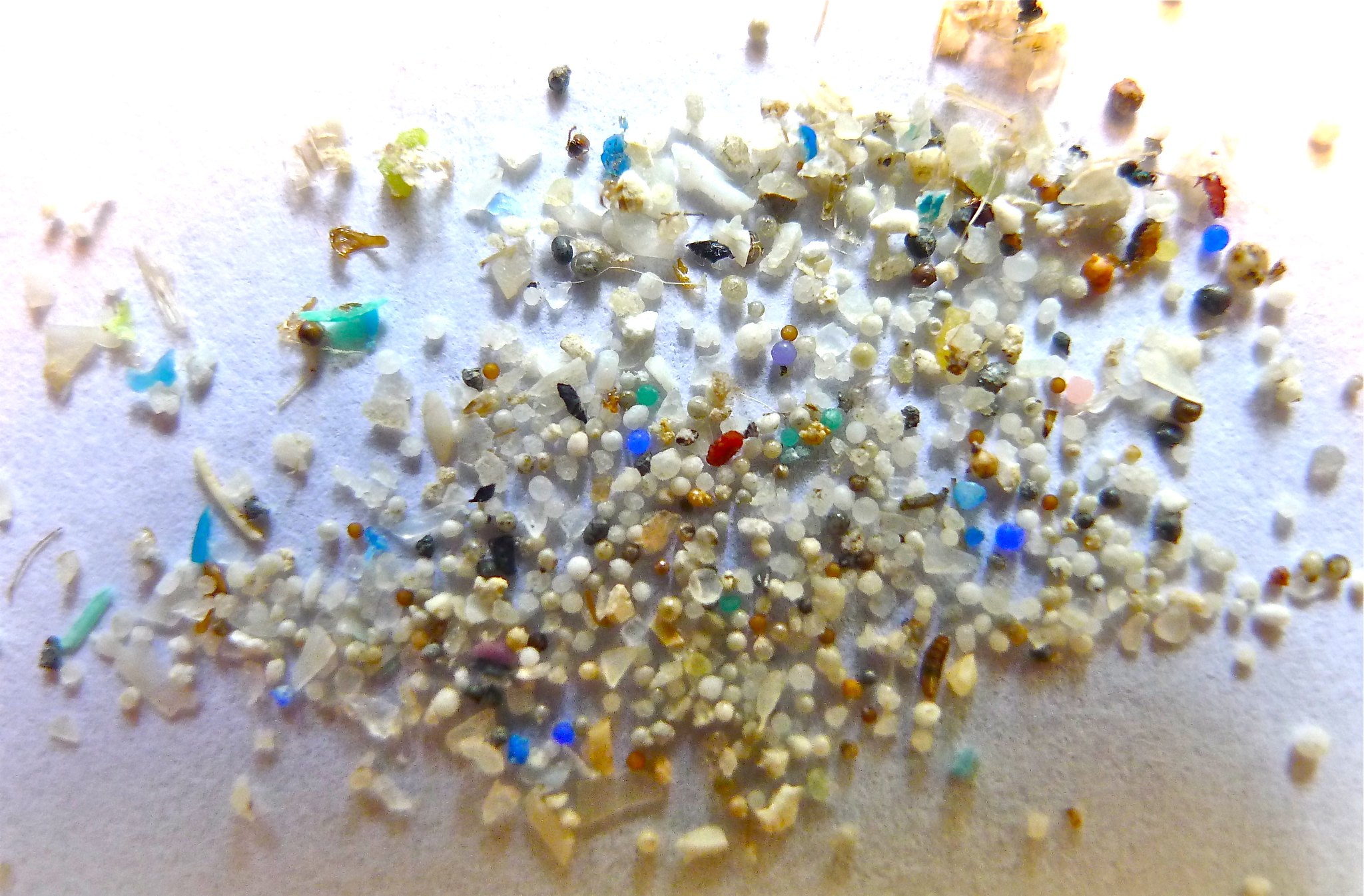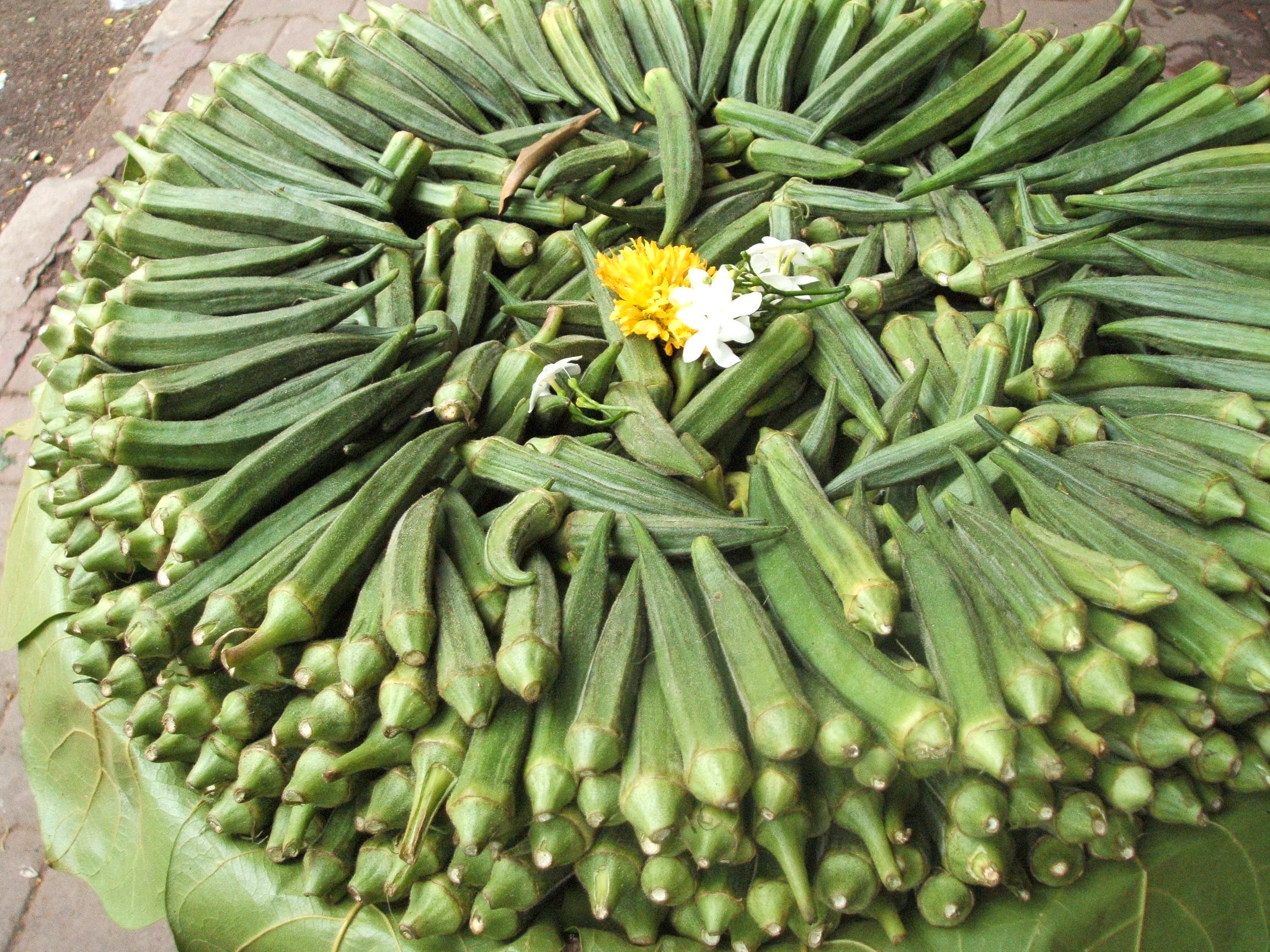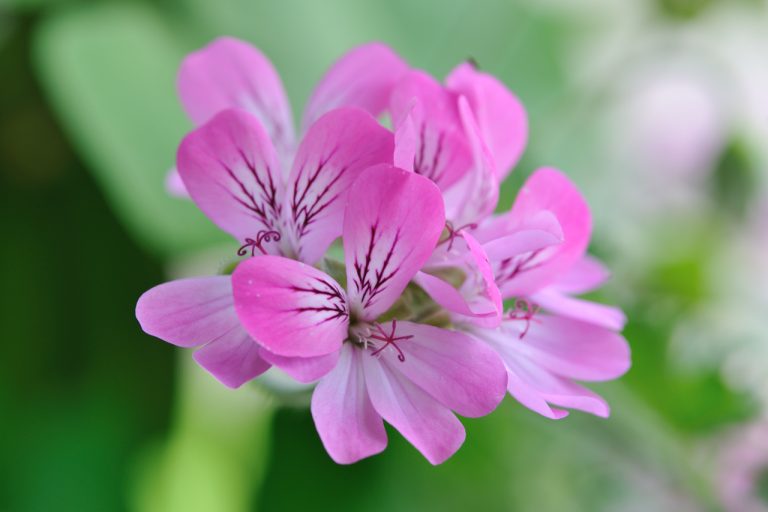Largely considered a vegetable, okra is actually, botanically, a fruit — as it carries seeds. This prickly-on-the-outside and slimy-on-the-inside pod may also hold the secret to microplastic management. Studies have shown that okra attracts microplastics in water, a promising discovery for wastewater treatment.
The microplastic problem
Microplastics are a category of pollutant derived from the breakdown of other plastics to sizes 5mm and smaller. These tiny particles can be generated by anything from laundering polyester clothing and the natural wear of car tires, to the breakage of all manner of plastic products after they become brittle in the sun.
Because plastic doesn’t really break down into its natural components for thousands of years, microplastics accumulate rapidly in the environment and have become so globally pervasive that one cannot avoid consuming them.
While the long-term effects of consuming plastic are unclear, it is certainly a concern, and many parties are looking for ways to remove this potential threat from our environment.

Dr. Rajani Srinivasan, Research Professor of Chemistry at Tarleton State University believes that “microplastics by themselves may not be much of a health hazard, but anything they get into or any type of toxic substance that gets attached to them could go inside our bodies and cause problems.”
Success
You are now signed up for our newsletter
Success
Check your email to complete sign up
And things absolutely do get attached to these microplastics. They are well known to adhere to sticky substances called flocculants, which have been used to collect conglomerates of microplastics in water, causing them to sink, whereupon they can be removed. The most commonly used flocculant, however, is polyacrylamide — itself a synthetic substance.
Okra attracts microplastics with its natural stickiness
Dr. Srinivasan was investigating the use of food-grade plant extracts in the removal of microorganisms, when she thought “Why not try microplastics?” As a result, she and her team at the Texas university may have discovered a natural, non-toxic solution for reducing microplastics in water.
Dr. Srinivasan and a group of undergraduate and environmental science master’s students applied polysaccharide extracts of seven plants — aloe vera, cactus, fenugreek, okra, psyllium and tamarind (both individually and in combinations) — to the task of removing microplastics from water.
The results? Okra attracts microplastics: Okra polysaccharides performed the best, efficiently removing microplastics from marine water when combined with fenugreek extract, and from freshwater when paired with tamarind. All the plant extracts performed at least as well as the synthetic flocculant polyacrylamide, and — equally important — they can be swapped into the existing treatment systems.
“The whole treatment method with the non-toxic materials uses the same infrastructure,” said Dr. Srinivasan. “We don’t have to build something new to incorporate these materials for water treatment purposes.”

And don’t forget, you can eat it!
Of course, if okra can purify our oceans and drinking water, imagine what it can do for our bodies when we consume it. A highly healthful food to begin with — full of fiber, low in calories, and antioxidant rich — okra’s sticky mucilage may help clean up your interior as well.
A combination of glycoproteins and sugar residues called exopolysaccharides, this sticky substance is valued for thickening cooked dishes, as its viscosity increases with heat. It also “binds cholesterol and bile acid carrying toxins dumped into it by the liver,” according to a Global Journal of Medical Research Study.
In addition, okra acts as a neutral diuretic — meaning it does not come with side effects. The pod’s high fiber content means it acts as a prebiotic to encourage the growth of good bacteria in your gut, thus aiding digestion; and its phytosterols help lower cholesterol.
Okra is high in vitamin C, a valuable antioxidant that helps reduce the risk of cancer and alleviates the symptoms of asthma. Some studies show that okra is also beneficial to kidney health.
If okra is not in your diet already, try this super-simple recipe and start enjoying the many benefits of this odd little fruit today.















